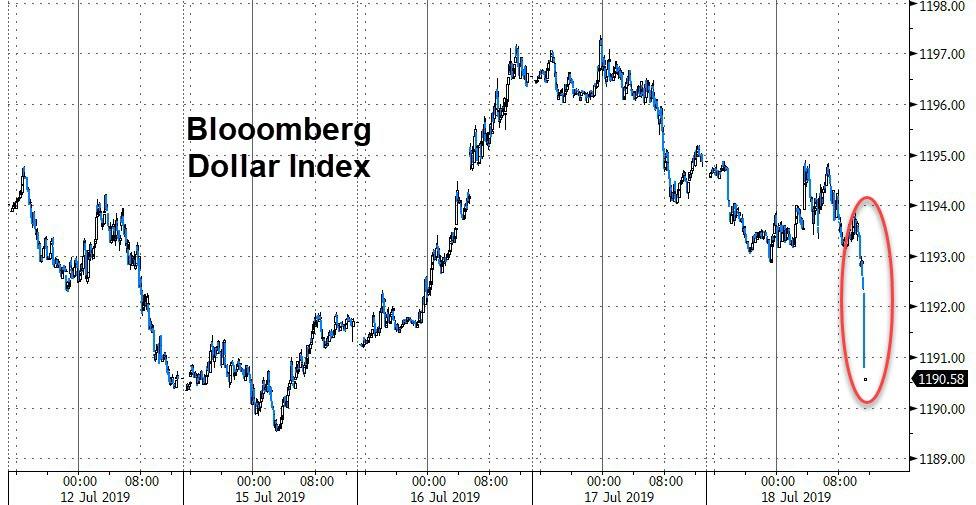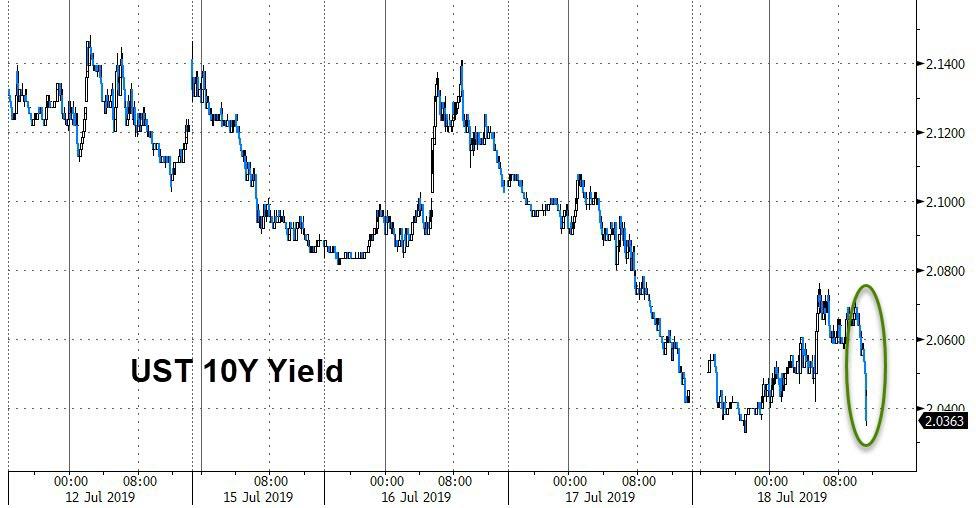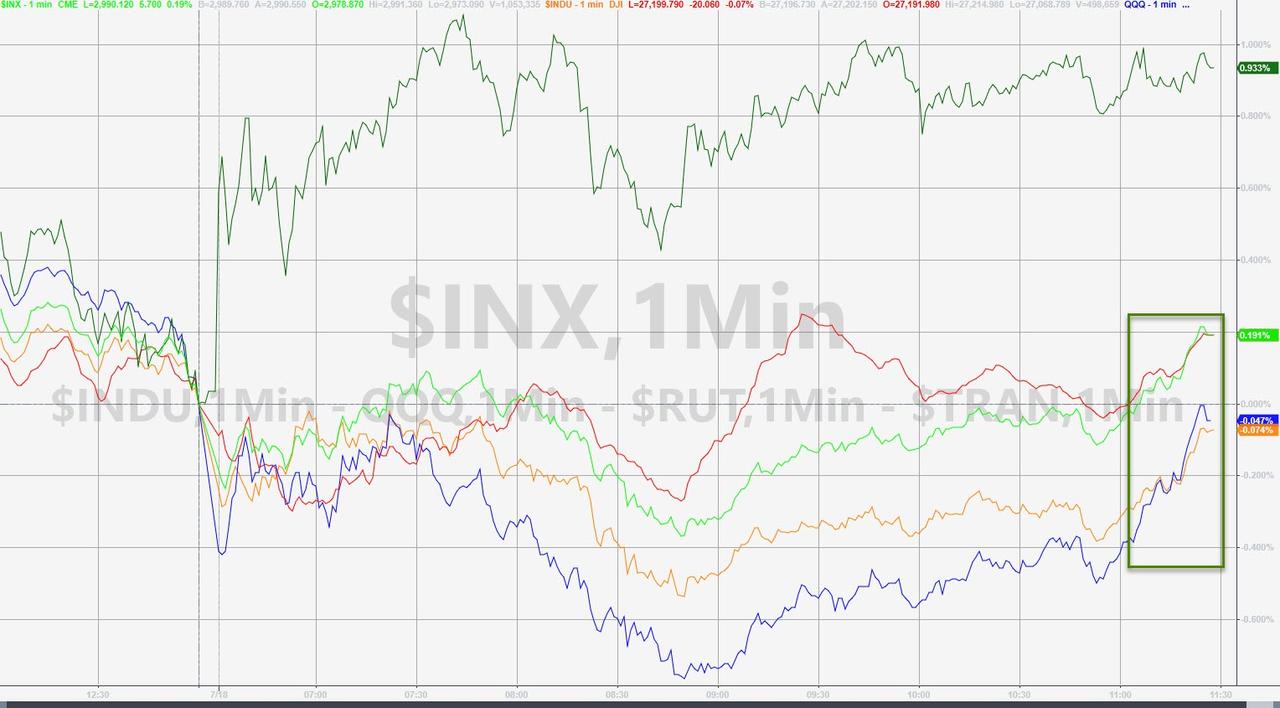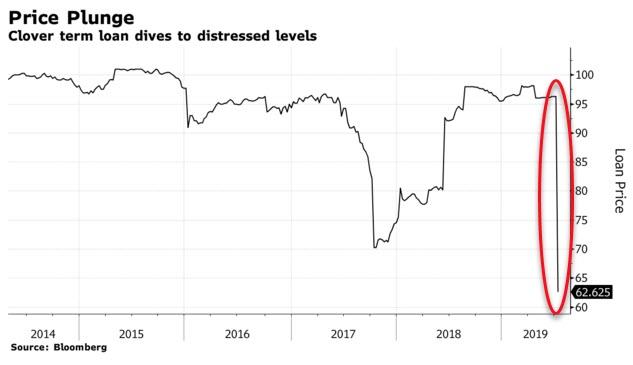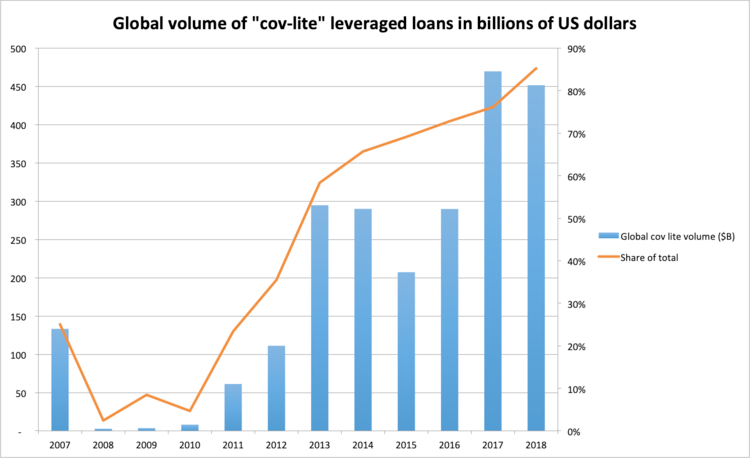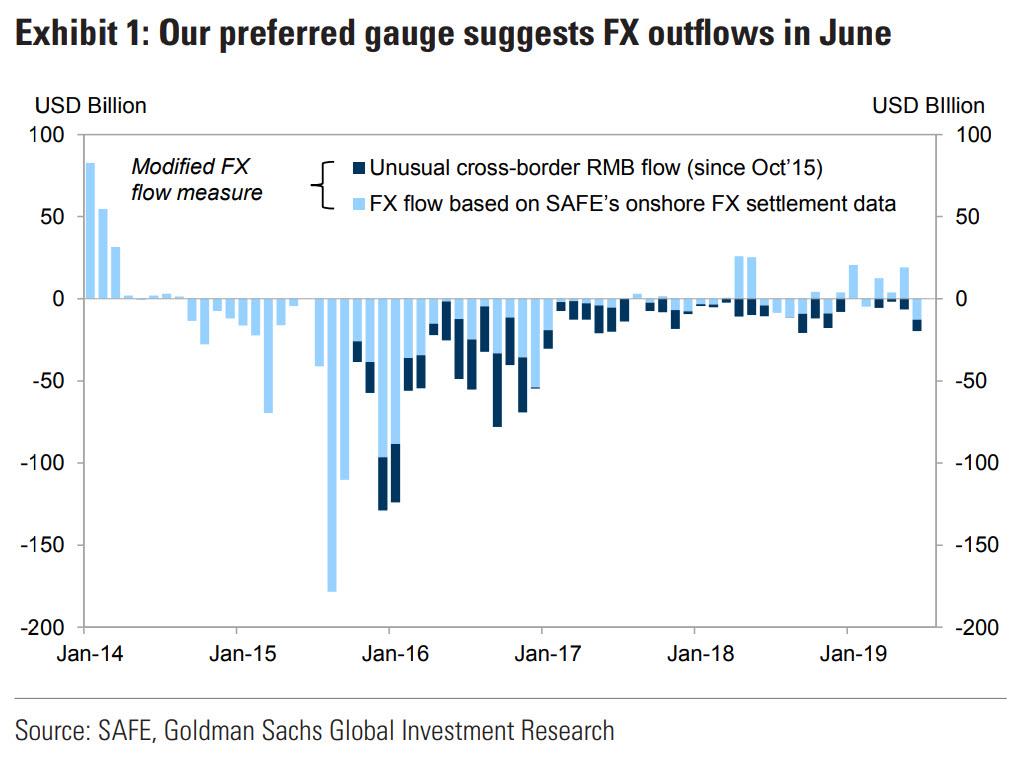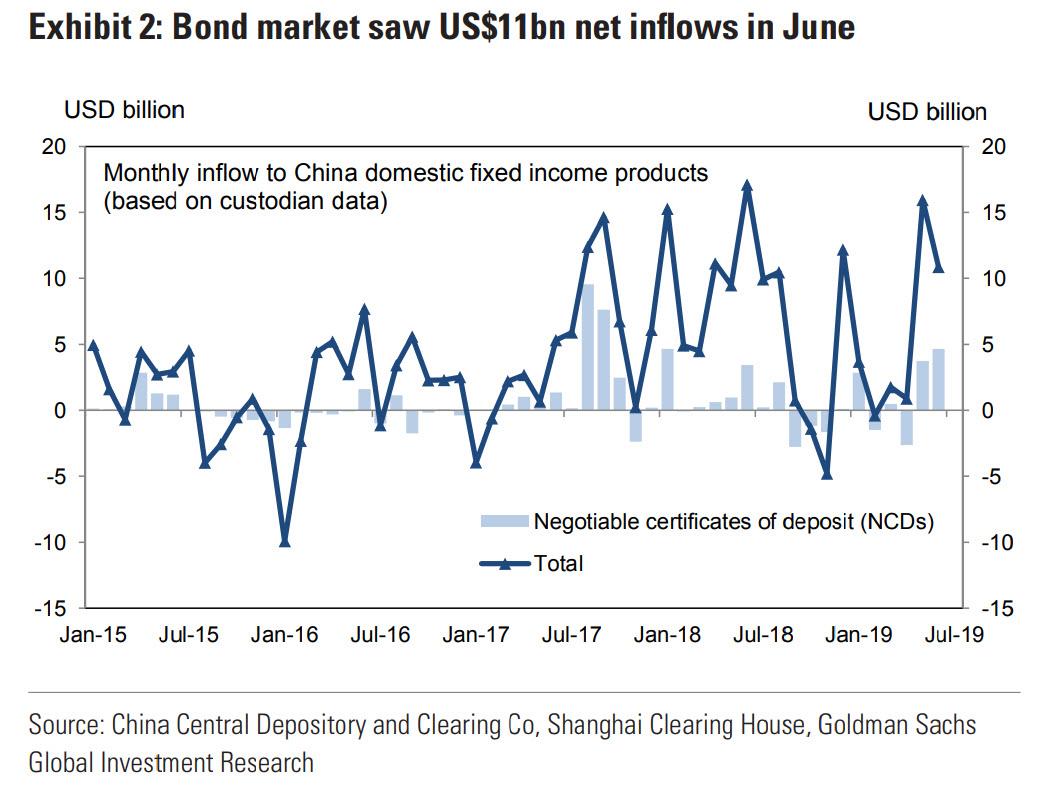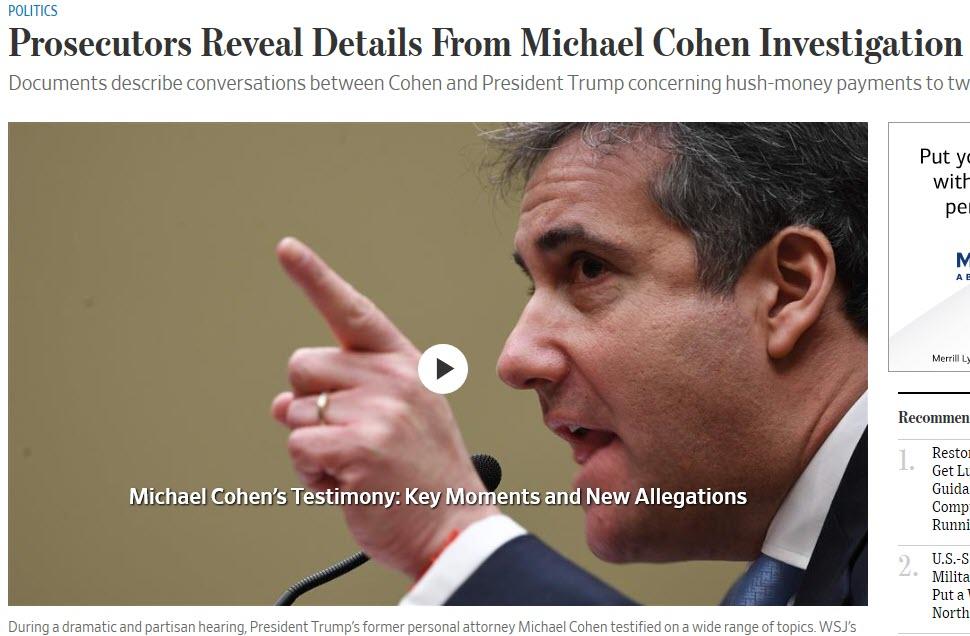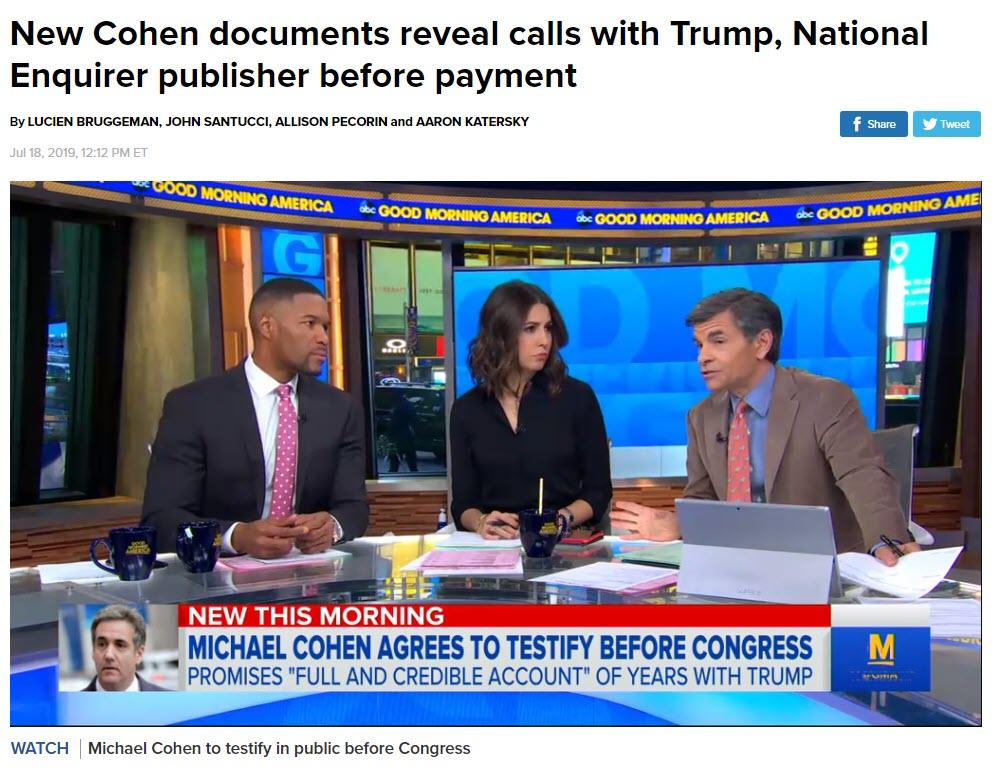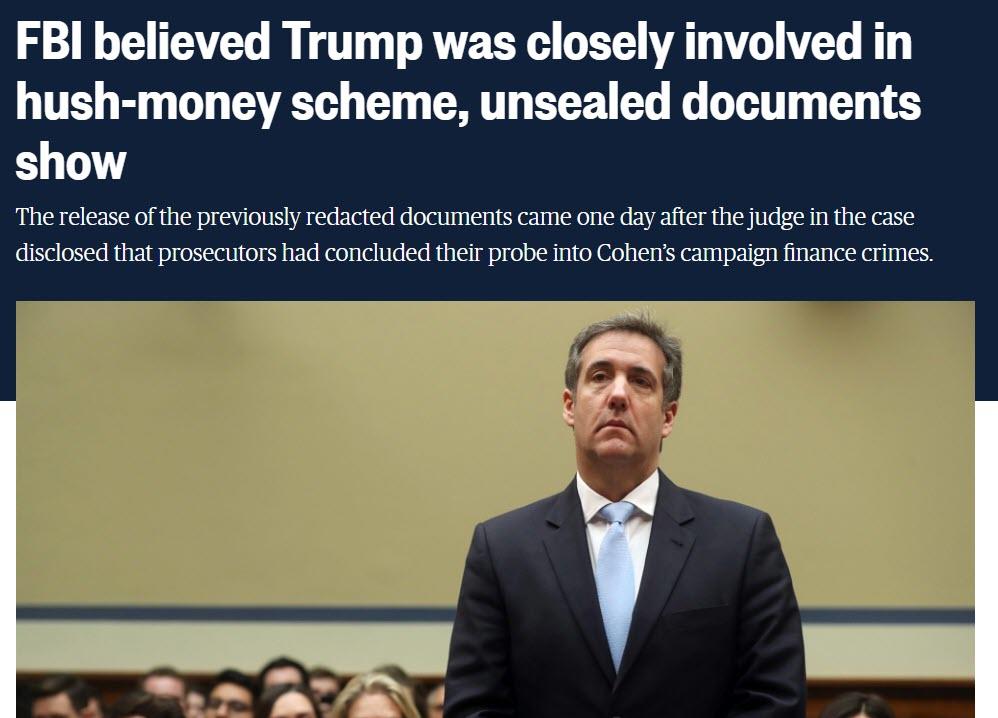Who knew Rand Paul could be such an effective negotator.
One day after the Republican senator and son of Ron Paul was reported to be Trump’s liaison to negotiate with Iran in hopes of easing tensions, sending the price of oil tumbling, the Guardian report that Iran has offered a deal with the US in which it would “formally and permanently” accept enhanced inspections of its nuclear program, in return for the permanent lifting of US sanctions.
The offer was made by Iran’s foreign minister, Mohammad Javad Zarif, on a visit to New York, although for those hoping that the US and Iran will become bffs, don’t get your hopes up: as the Guardian notes, the offer is unlikely to be warmly received by the Trump administration, which is currently demanding Iran make a range of sweeping concessions, including cessation of uranium enrichment and support for proxies and allies in the region.
To thise, Zarif countered that his offer was “a substantial move”.
“It’s not about photo ops. We are interested in substance,” he told reporters at the Iranian mission to the UN in New York on Thursday. “There are other substantial moves that can be made.”
“If they [the Trump administration] are putting their money where their mouth is, they are going to do it. They don’t need a photo op. They don’t need a two-page document with a big signature.”
In May of 2018, Trump unleashed an oil embargo on Iran, coupled with severe banking sanctions, when the US withdrew the US from the 2015 multilateral nuclear deal with Iran known as the Joint Comprehensive Programme of Action (JCPOA). The ongoing embargo has not only crippled Iran’s economy, but triggered a standoff in the Gulf that has escalated dramatically in recent months, with sabotage attacks on foreign tankers, blamed on Iran by the US. In the latest incident on Thursday, Iran said it had seized a foreign-owned vessel suspected of being used for oil smuggling out of Iran.
Zarif dismissed the incident as a routine marine policing matter.
He said: “It’s not a tanker. It’s a small ship carrying a million litres, not a million barrels, of oil. We do it every other day. These are people who are smuggling our fuel. This is … one of the things that we do in the Persian Gulf, because of the heavy subsidies that we provide for our own fuel products.”
An unexpected moment of diplomatic tenderness emerged when Zarif credited Trump with “prudence” for calling off missile attacks last month in reprisal for the downing of a US surveillance drone, and said that gave him confidence that diplomatic progress is possible.
He said: “I believe we were few minutes away from a war. Prudence prevailed and we’re not fighting. So that gives reason for us to be optimists. If we work, if we are serious, then we can find a way forward.”
But the reason why today’s olive leaf by Iran was notable is that until now, Iran’s supreme leader Ali Khamenei has rebuffed overtures for direct talks with Trump, citing US bad faith over the JCPOA, but Zarif signaled on Thursday that Iran was willing to do a deal that did not necessary involve the US returning to the JCPOA, Tehran’s official position until now.
The result: oil prices are tumbling for a fourth day…
… as a major source of geopolitical uncertainty now appears to be on its way out… or at least until Trump comments that nothing that Iran has offered is an acceptable basis for negotiation.
via ZeroHedge News https://ift.tt/2JCBPpi Tyler Durden


